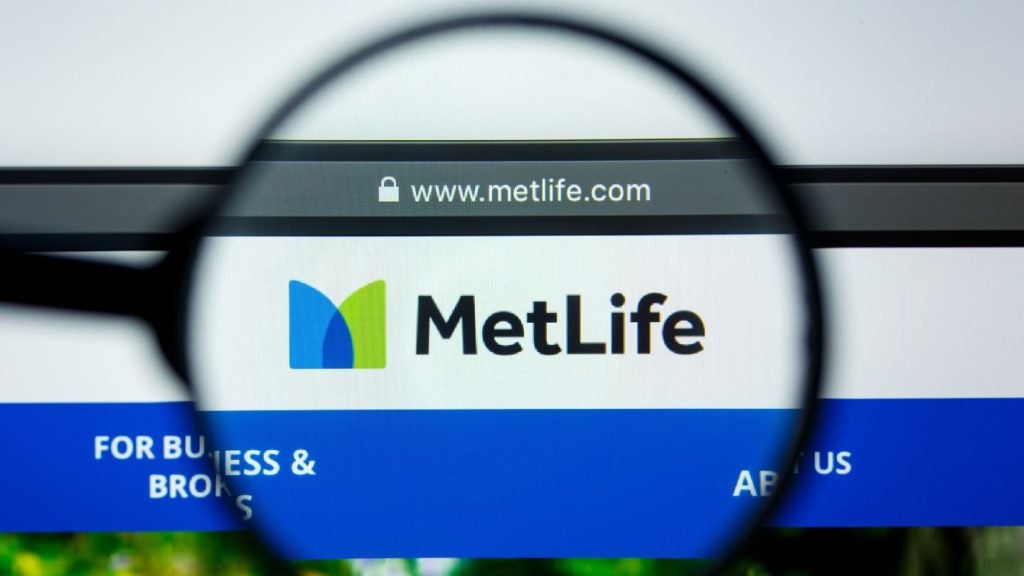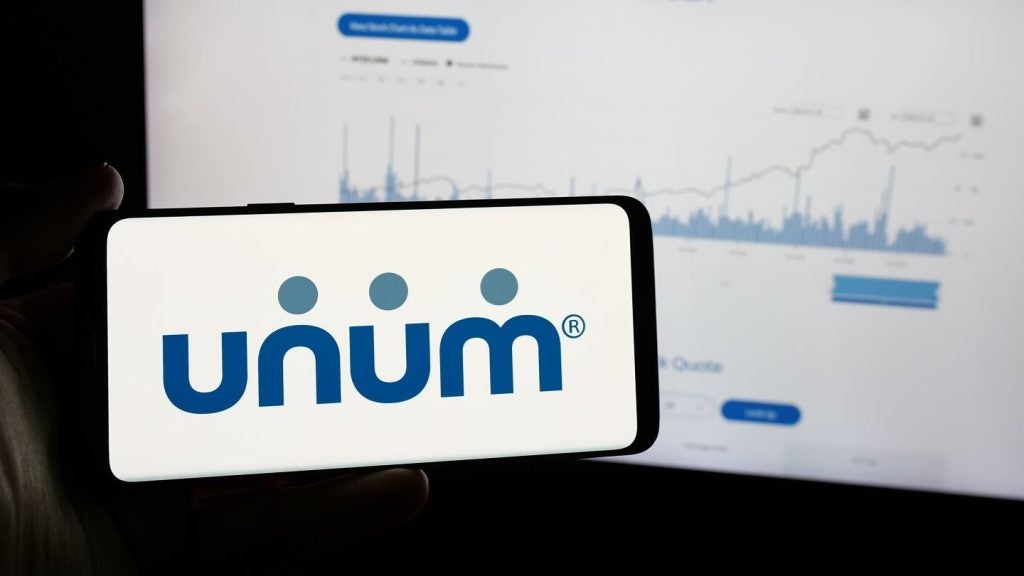New technology is now using wireless signal to monitor health. This offers a future alternative to wearables for insurers to track their customers’ health and lifestyles.
Wearable devices are currently the favoured way to monitor health and biometrics. However, this may change soon as new technology is being developed which uses Wi-Fi to track health.
How does it work?
The new technology works similarly to radar. Wireless signal travels through space and is able to move through obstacles such as walls. However, some of the signal reflects off of our bodies (because our bodies are full of water), from which minute reflections can be detected by a device.
The technology is able to monitor biometrics such as location and movement, breathing, and heartbeat. It is even able to detect sleep in its different stages by understanding changes in brain waves that operate during sleep. This can be used in future as an alternative way for insurers to monitor customer health instead of wearables.
The potential of Wi-Fi
The potential of this technology within homes, particularly to monitor the health of those with chronic, long-term disease, is significant. It is already playing a part in remote patient monitoring in the US, with the ability to detect whether any biometric signals are abnormal and intervene. It will also be useful in being able to detect, diagnose, and understand conditions by tracking biometrics.
Most homes and buildings have Wi-Fi and this technology is already out there. It would mean that wearables could be a thing of the past, as technology instead moves towards the connected home.

US Tariffs are shifting - will you react or anticipate?
Don’t let policy changes catch you off guard. Stay proactive with real-time data and expert analysis.
By GlobalDataThrough Wi-Fi, health tracking could operate on a much larger scale, and insurers would not be reliant on individuals having to buy wearables to be able to provide a personalised policy based on health risk.
The technology also has wider potential than just healthcare; for example, it is easy to use for household security if it can recognise who is in a house. Insurers could also make use of this in home insurance propositions, for instance.
Technology is encouraging us to purchase many devices. They each come with a different use, but this kind of technology can be adopted. It could even enter into a Google Home or Amazon Alexa home assistance device, both of which are growing in popularity.
With these companies already planning to enter the health and connected home market, it could be a strategic move.
A barrier to uptake, however, could arise over the ownership and security of collecting sensitive health data.
Wireless signals are the future of monitoring and tracking health, which insurers should take note of.







